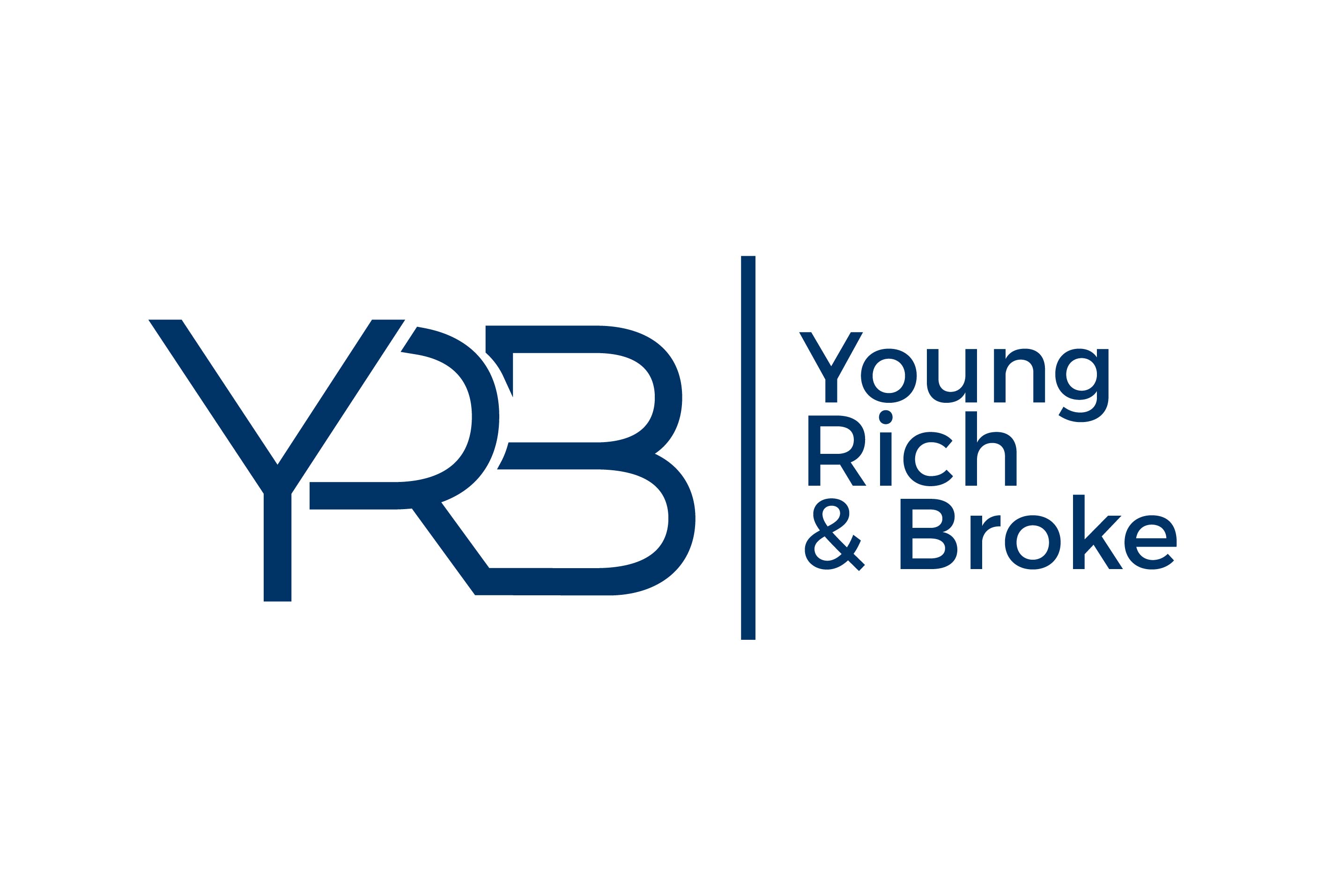If you’re like me, you’ve graduated school and are able to make a living. Despite the good place you’re in, you may have found yourself with this little dilemma. Should I focus my extra money on retirement or on student loan repayment? We have the answers here.
Loans versus Retirement: The Facts
According to Forbes, the US can boast 44 million student loan borrowers with the total sum of money borrowed estimated at 1.3 trillion dollars. Strength in numbers or something like that. All of us borrowers pay off these loans at different paces and with different financial goals in mind.
Let’s make something clear: paying the student loan debt off, while it may seem like it is solely in your best interest, your repayment of your loan is in the best interest of the company that lent you the money. The lender makes that sweet, sweet interest that is attached to each payment that you make. This doesn’t mean that you don’t benefit from paying off your loans. Your credit improves, and you also can reap that psychological freedom of being unburdened by Sallie Mae.
Saving for retirement however, is an investment in your future. The money that you put towards retirement really benefits you more than any other party. So which one should you focus on?
Loans versus Retirement: The Tracks
Track 1: Pay off student loans and save for retirement later
At first consideration, this may seem like a good plan. You’re on your way to becoming debt free! Lets say that you will crunch and pay off your loans in 10, maybe even 5 years. That sounds great, right? I can tell you that if you are debt free but didn’t use your valuable youth to pay off those loans, you can find yourself in bad shape when you reach retirement age. Time is on your side when it comes to retirement. Moreover, it may take you longer than you thought to pay off student loans.
Track 2: Save for retirement now and pay off student loans slowly
This is only a great idea if you can get an amazingly high interest rate on your retirement account and have a wondrously low-interest rate on your student loans. This is unheard of.. Keep in mind that even if you wanted to stave off your student loans, you still have to pay the lender at least the minimum payment.

Track 3: Simultaneous money moves
This is the best move for a person to make. It may seem like you are doing two things and not doing any of them well, but that’s not true. When you save for retirement and pay off your student loans at the same time, you use your time wisely to grow your retirement account, and you also start chipping away at the mountain of debt. Hey, if you have good credit and are financially stable, you may want to refinance your student loan debt for a smaller interest rate and put those savings towards your retirement account.
How did you balance paying off student loans and saving for retirement? Share your story in the comment section below.


I have to express appreciation to the writer for bailing me out of such a trouble. Right after checking throughout the the net and getting techniques which are not pleasant, I believed my entire life was over. Being alive minus the answers to the difficulties you’ve solved by means of your main post is a critical case, and the ones which could have negatively affected my entire career if I had not encountered your web page. The understanding and kindness in taking care of all the things was tremendous. I’m not sure what I would have done if I hadn’t come upon such a stuff like this. I can also at this point look ahead to my future. Thank you so much for your professional and results-oriented guide. I won’t be reluctant to refer your web site to anyone who desires guide about this issue.
you have got a terrific blog here! would you wish to make some invite posts on my blog?
I really like your blog.. very nice colors & theme. Did you make this website yourself or did you hire someone to do it for you? Plz answer back as I’m looking to create my own blog and would like to find out where u got this from. kudos
This actually answered my problem, thanks!